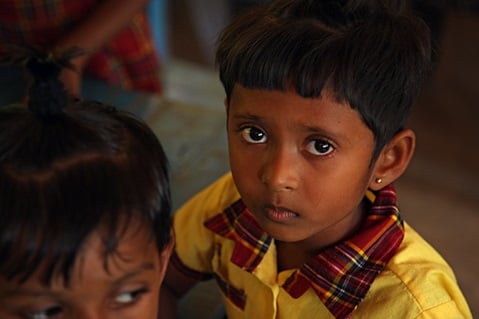 Adverse Childhood Experiences International Questionnaire (ACE-IQ)" />
Adverse Childhood Experiences International Questionnaire (ACE-IQ)" /> Adverse Childhood Experiences International Questionnaire (ACE-IQ)" />
Adverse Childhood Experiences International Questionnaire (ACE-IQ)" />
Adverse Childhood Experiences (ACE) refer to some of the most intensive and frequently occurring sources of stress that children may suffer early in life. Such experiences include multiple types of abuse; neglect; violence between parents or caregivers; other kinds of serious household dysfunction such as alcohol and substance abuse; and peer, community and collective violence.
It has been shown that considerable and prolonged stress in childhood has life-long consequences for a person's health and well-being. It can disrupt early brain development and compromise functioning of the nervous and immune systems. In addition because of the behaviours adopted by some people who have faced ACEs, such stress can lead to serious problems such as alcoholism, depression, eating disorders, unsafe sex, HIV/AIDS, heart disease, cancer, and other chronic diseases.
The ACE International Questionnaire (ACE-IQ) is intended to measure ACEs in all countries, and the association between them and risk behaviours in later life. ACE-IQ is designed for administration to people aged 18 years and older. Questions cover family dysfunction; physical, sexual and emotional abuse and neglect by parents or caregivers; peer violence; witnessing community violence, and exposure to collective violence.
Findings from ACE-IQ surveys can be of great value in advocating for increased investments to reduce childhood adversities, and to inform the design of prevention programmes. Researchers are encouraged to use the ACE-IQ materials on this site, and in doing so to reference WHO as the source, using the following citation:
World Health Organization. Adverse Childhood Experiences International Questionnaire. In Adverse Childhood Experiences International Questionnaire (ACE-IQ). [website]: Geneva: WHO, 2018.
Guide to administering ACE-IQ
Data management
Supporting documents